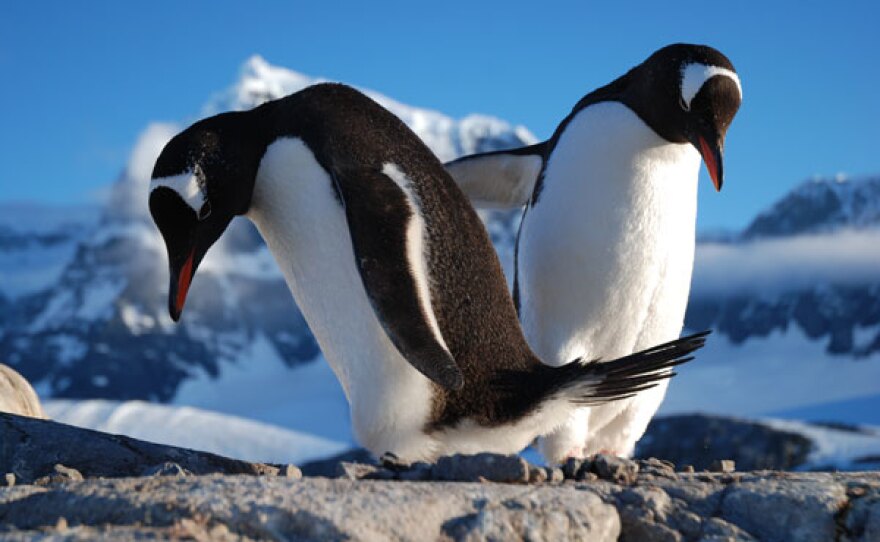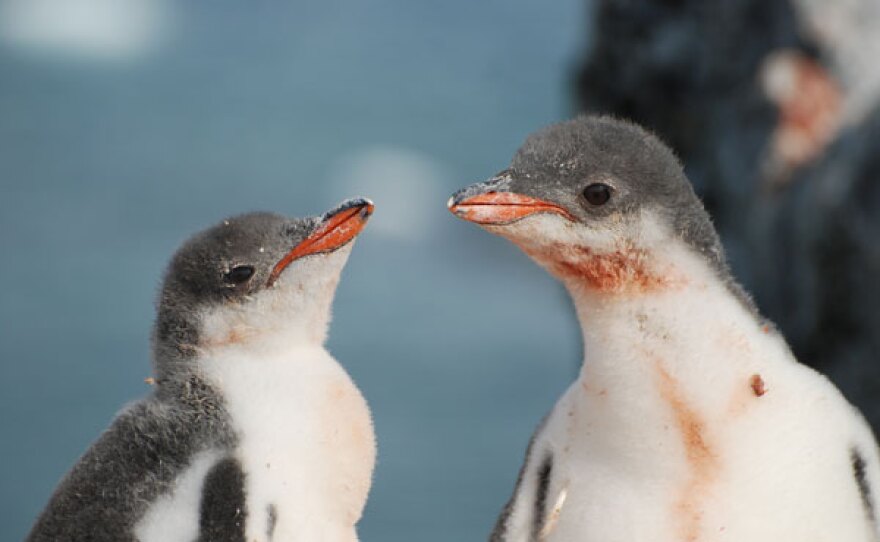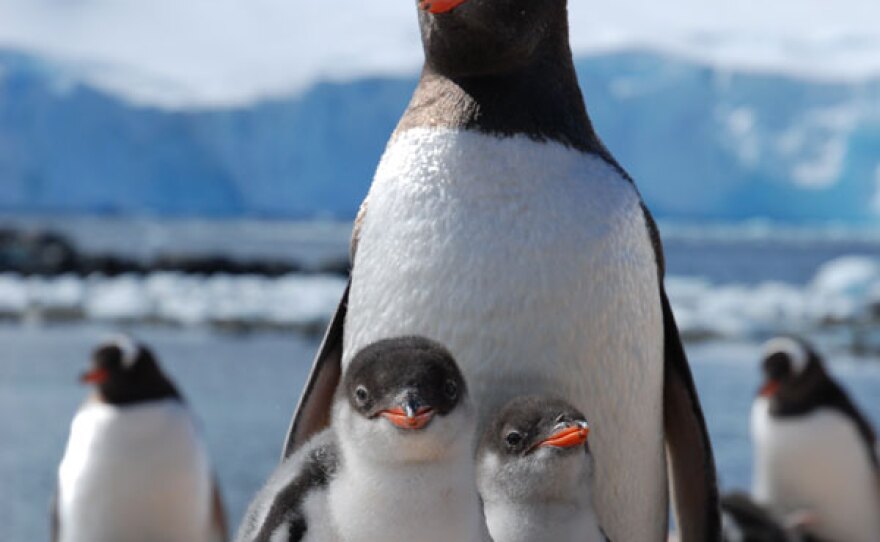


Experience the splendors and compelling stories of the natural world from all over the globe. The series delivers the best in original natural history films to audiences nationwide.
NATURE has won more than 700 honors from the television industry, parent groups, the international wildlife film community and environmental organizations, including 12 Emmys, three Peabodys and the first award given to a television program by the Sierra Club. The series received two of wildlife film industry’s highest honors: the Christopher Parsons Outstanding Achievement Award given by the Wildscreen Festival and the Grand Teton Award given by the Jackson Hole Wildlife Film Festival.
"Penguin Post Office" - In the heart of the Antarctic Peninsula there’s a post office surrounded by jaw-dropping scenery and 3,000 gentoo penguins. Every summer, as staff put stamps on postcards, the penguins return from their fishing grounds to their breeding grounds, trek nearly two miles across sea ice and snow, rush to find a partner, build a nest, lay eggs and protect them from predators, and finally get down to the task of raising their young. Watch their four-month drama unfold as cruise ships come and go, bringing tourists to buy postcards and photograph penguins – the backdrop to the penguins’ lives.
Editors Note: In anticipation of the upcoming episode "Penguin Post Office" the UK Antarctic Heritage Trust has graciously allowed NATURE to republish recent blog posts from staff stationed at Port Lockroy in Antarctica, the home of the ‘Penguin Post Office’. You can read more about the goings-on at the post office–and the penguins who live there–on the official Port Lockroy blog.
NATURE is on Facebook, Tumblr and you can follow @PBSNature on Twitter. Past episodes of NATURE are available for online viewing.
Penguin Post Office - Preview
"Antarctica’s most popular tourist destination is a unique British post office located in the heart of the Antarctic Peninsula at Port Lockroy
Punk Rock Penguins Take a Stand
The skua is a large seagull-like bird that preys on penguin chicks. But the tables are turned when the babies are nearly full-grown and sporting feather mohawks.





